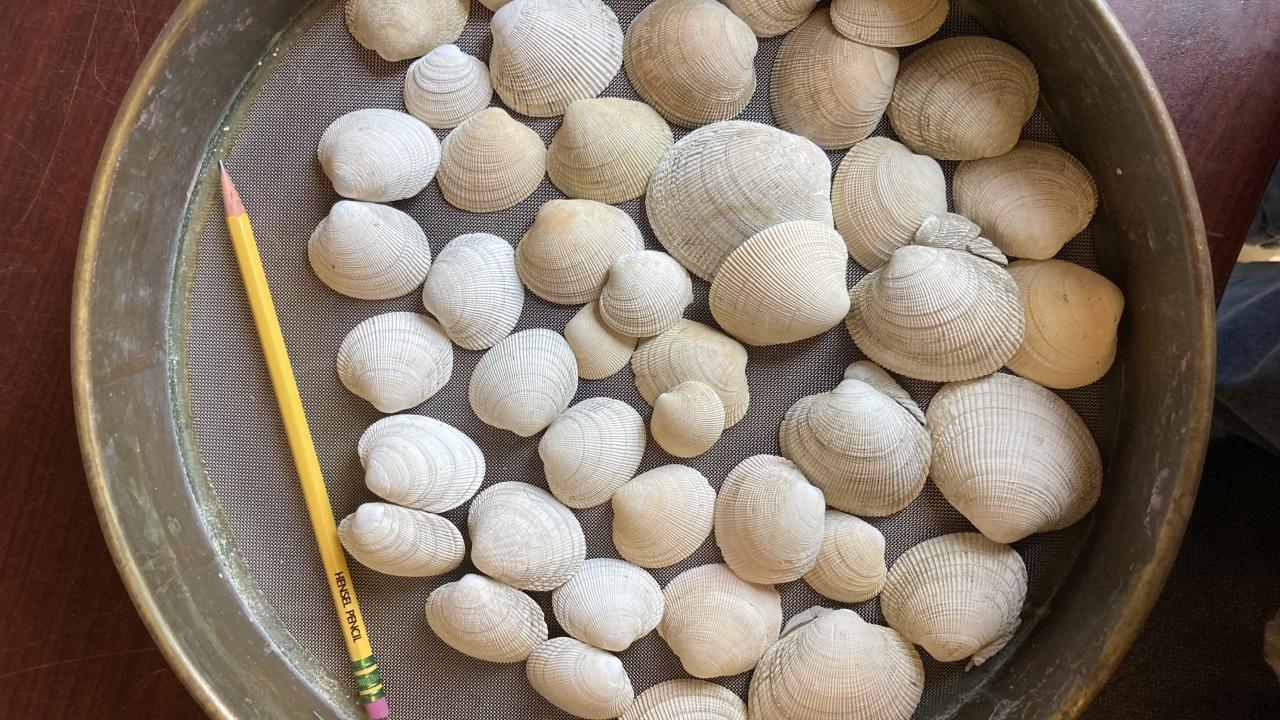
CHANCELL-ING: A Billion Reasons to Celebrate
Conducting research and making discoveries that create a better tomorrow get to the heart of who we are at UC Davis. We are recognized for being at the forefront of addressing some of the world’s greatest challenges, driving innovation and expanding our scholarship.

The recent numbers make this clear. For the second year in a row, our annual research awards reached $1 billion — $1.006 billion to be exact. This is a claim few public universities can make.
Projects address pressing needs
These research awards address a wide range of needs, including the health of all living beings, climate change and food production. It’s the kind of work that can benefit many communities, from right here in Davis and far beyond.
In terms of addressing critical water issues, the National Science Foundation funded a collaboration between UC Davis and IHE Delft Institute of Water Education in the Netherlands. This international team has focused on flood-risk management and other water issues resulting from climate change.
Another award went toward research toward protecting shellfish in oceans that are increasingly becoming acidified due to climate change. An $80,000 California Sea Grant Graduate Research Fellowship is supporting UC Davis doctoral candidate Hannah Kempf’s research that uses Indigenous sea gardening practices to promote healthy aquaculture.
The largest award of the fiscal year was $32.5 million from the United States Environmental Protection Agency. It went to Sean Raffuse, associate director of data and software at the UC Davis Air Quality Research Center, to operate the Chemical Speciation Network.
This network consists of about 150 monitors nationwide that collect samples of particles from the atmosphere. Over 45,000 of these samples are analyzed per year at the center’s laboratories to understand sources of air pollution.
These awards speak to the dedication we have to shape a more sustainable and just future and improve the health of living beings.
How you can get involved
In many cases, our university depends on the community’s help for conducting research. For example, the UC Davis MIND Institute often seeks participants for studies related to the understanding, prevention, and care of neurodevelopmental disorders.
The UC Davis Nutrition Department also recruits volunteers for clinical studies, which cover such areas as beef consumption, the effects of daily walnut intake on skin and cardiovascular health and the effects of orange juice and sugar-sweetened beverages on blood triglyceride and cholesterol levels.
Here are a couple more examples. Our annual “roadkill report” is partly based on reports by the public. It identifies hundreds of hot spots where mule deer, coyote and other wildlife have collided with vehicles. The results can give indicators of wildlife population changes and inform ways of protecting animal and human lives.
The Tahoe Environmental Research Center has a project called Citizen Science Tahoe where people can use a phone app to upload observations of the lake shore. These images are then shared with scientists for studies of nearshore algae.
So, we’ve started the new academic year with plenty of momentum, given our milestone in research funding and rise in national rankings. Every new day is one of promise that we’re another step toward making discoveries that benefit all.
As I like to say, these are another billion reasons to love UC Davis.